
The research portfolio director at the Muscular Dystrophy Association discussed how ongoing advances in ALS research may inform therapeutic development approaches.

The research portfolio director at the Muscular Dystrophy Association discussed how ongoing advances in ALS research may inform therapeutic development approaches.

The chief research officer of the Muscular Dystrophy Association discussed emerging scientific priorities and community-driven initiatives shaping the organization's 2026 Clinical and Scientific Conference.

Sharon Hesterlee, PhD, the president and CEO of the Muscular Dystrophy Association, discussed the upcoming conference and the evolving therapeutic landscape in neuromuscular disease.

Linda Marbán, PhD, the CEO of Capricor Therapeutics, discussed future plans for the product after the promising data presented at MDA’s 2025 conference.

The CEO of Capricor Therapeutics discussed future plans for the product after the promising data presented at MDA’s 2025 conference.
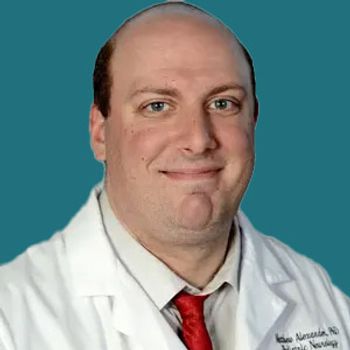
Matthew Alexander, PhD, a neuromuscular expert, discussed the evolving landscape of targeted therapies in muscular dystrophies, from fibrosis and glycosylation to combination strategies with gene therapy.
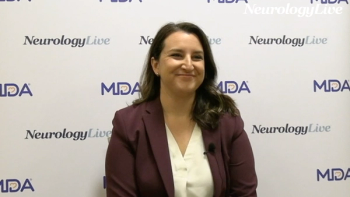
The chief scientific officer at Precision Biosciences discussed the durable potential of ARCUS gene editing and the company’s next steps toward in-human trials for Duchenne muscular dystrophy.

Linda Marbán, PhD, the CEO of Capricor Therapeutics, discussed clinical data presented at MDA’s 2025 meeting.

The chief scientific officer at Precision Biosciences discussed the ARCUS gene editing platform and its potential application in Duchenne muscular dystrophy through a durable, AAV-delivered therapeutic strategy.

The CEO of Capricor Therapeutics discussed clinical data presented at MDA’s 2025 meeting.


Matthew Wicklund, MD, a professor of neurology at the University of Texas Health Science Center San Antonio, discussed the genetic basis of oculopharyngeal muscular dystrophy, as well as the primary challenges in diagnosing and treating the condition.
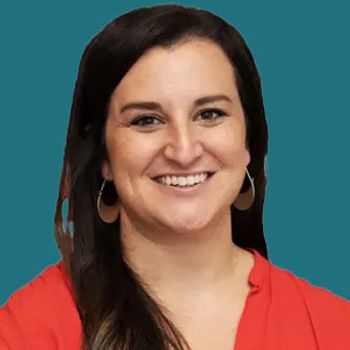
Cassandra Gorsuch, PhD, chief scientific officer at Precision Biosciences, discussed the company’s ARCUS gene editing platform, which is being assessed for Duchenne muscular dystrophy.
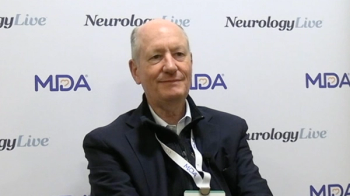
The professor of neurology at the University of Texas Health Science Center San Antonio discussed discussed challenges of therapeutic development for OPMD.

The professor of neurology at the University of Texas Health Science Center San Antonio discussed the genetic basis of oculopharyngeal muscular dystrophy, as well as the primary challenges in diagnosing and treating the condition.

Robert Califf, MD, MACC, a cardiologist and former FDA commissioner, discussed the necessity of policy and funding efforts for neuromuscular disorders, the stress on the clinical care system, and the need to acknowledge healthcare inequities.
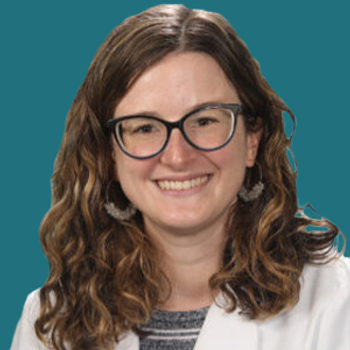
Natalie Goedeker, CPNP, the codirector of pediatric neuromuscular clinical research at Washington University in St. Louis, discussed the session she chaired at MDA’s 2025 conference.
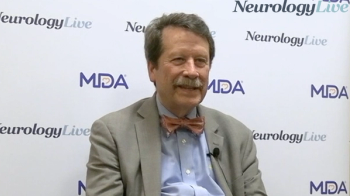
The former FDA commissioner discussed the necessity of policy and funding efforts for neuromuscular disorders, the stress on the clinical care system, and the need to acknowledge healthcare inequities.
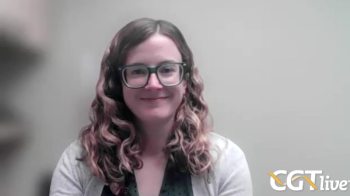
The codirector of pediatric neuromuscular clinical research at Washington University in St. Louis discussed the session she chaired at MDA’s 2025 conference.

In pooled data from 156 patients, there were no deaths or study discontinuations.
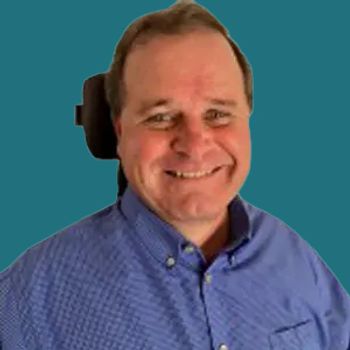
Donovan Decker, recipient of the 2025 MDA Legacy Award for Community Impact and Research, discussed his powerful journey as a patient advocate and gene therapy pioneer, shedding light on challenges and progress in LGMD.
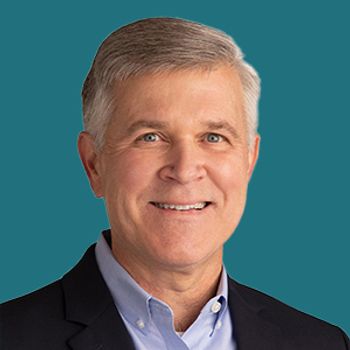
Michael Flanagan, PhD, the chief scientific officer at Avidity, discussed the function and mechanism of the investigational antisense treatment, which is in development for DMD amenable to exon 44 skipping.

One of the patients, who was aged 3 years at the time of treatment, achieved 122.3% microdystrophin expression compared to control.

Patients treated at Dose 2 in the dose-escalation phase of Part 1 of the study showed a persistent 68% reduction in CK levels over 2 years.
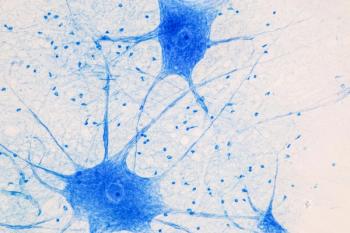
OAV101 IT is a version of Zolgensma that is delivered directly to the spine.
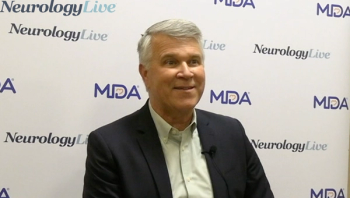
The chief scientific officer at Avidity Biosciences discussed the function and mechanism of the investigational antisense treatment, which is in development for DMD amenable to exon 44 skipping.
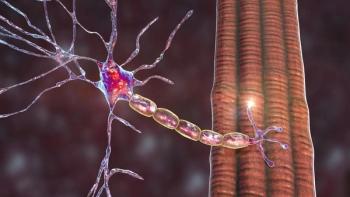
The findings were presented at the 2025 Muscular Dystrophy Association Clinical & Scientific Conference
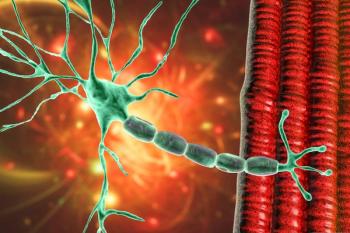
Adverse events related to the gene therapy itself were mild or moderate, with most occurring in the first 90 days posttreatment.

John Brandsema, MD, a pediatric neurologist in the Division of Neurology at Children’s Hospital of Philadelphia, offered insights into the obstacles the clinical community is facing around integrating gene therapies into clinical practice.
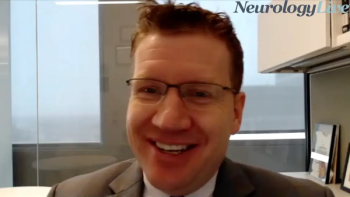
The pediatric neurologist at Children’s Hospital of Philadelphia offered insights into the obstacles the clinical community is facing around integrating gene therapies into clinical practice.